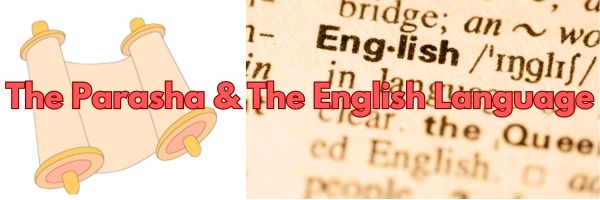Parashat Shoftim discusses justice and the role of judges. One well-known quote from this parasha is the phrase "An eye for an eye, a tooth for a tooth" (Deuteronomy 19:21). In Hebrew, this is "עַיִן תַּחַת עַיִן, שֵׁן תַּחַת שֵׁן" (ayin tachat ayin, shen tachat shen).
This phrase has entered the English language as a common idiom, used to describe the concept of reciprocal justice or retribution. It's an example of how biblical Hebrew expressions have directly influenced English phraseology. The idiom "an eye for an eye" is widely recognized in English-speaking cultures, even among those unfamiliar with its biblical origin. It's used in various contexts, from legal discussions to everyday conversation, often to describe strict or retributive forms of justice.
While the literal meaning in English suggests exact retribution, in Jewish law, it's traditionally interpreted as referring to monetary compensation rather than physical punishment. This nuance is often lost in the English usage.
In 2016, Donald Trump, then the Republican presidential candidate, mentioned in a radio interview that “an eye for an eye” is his favorite Bible verse.


